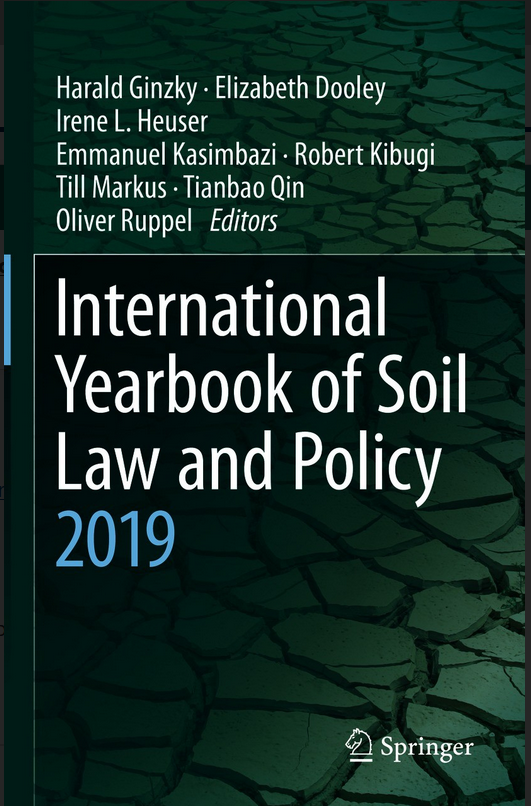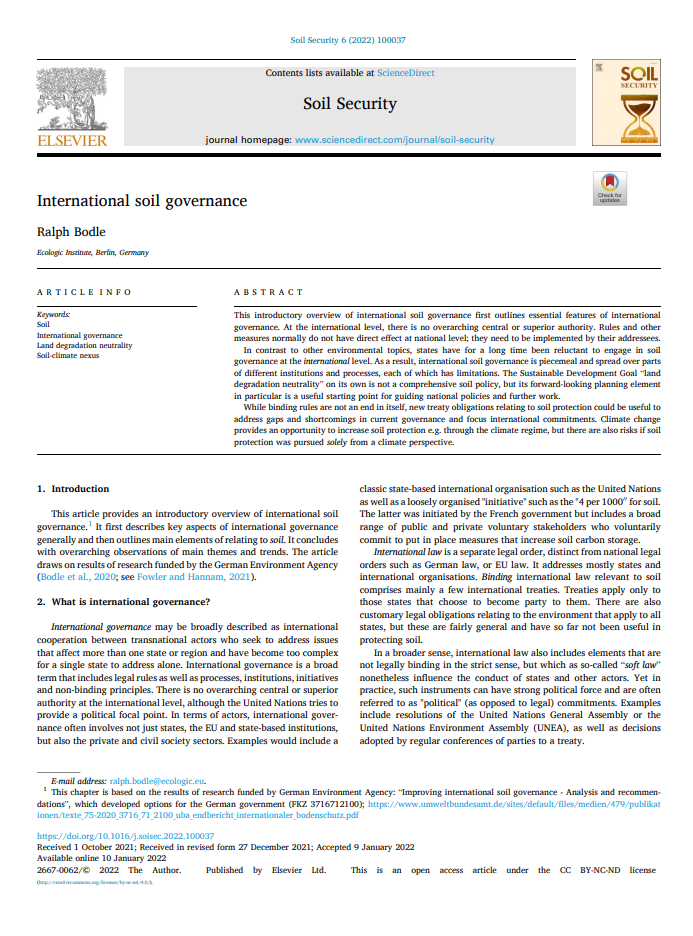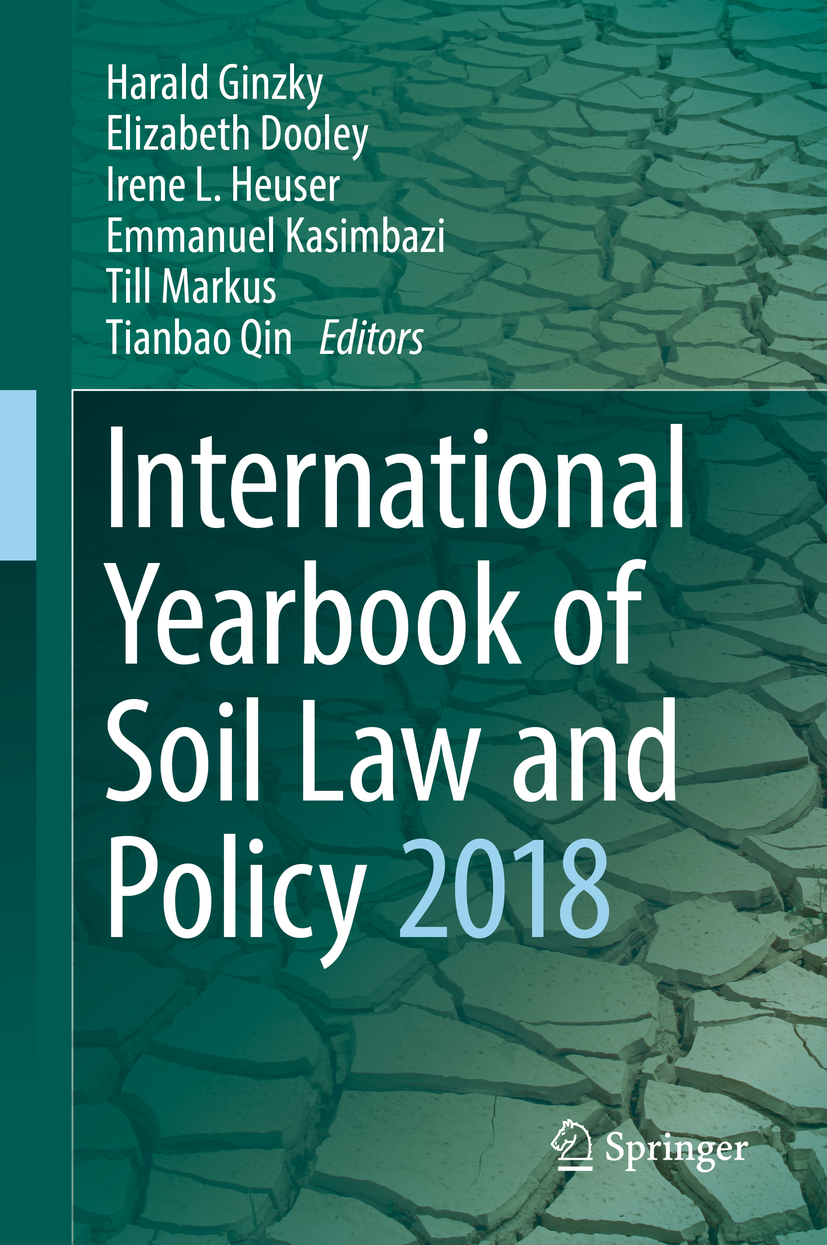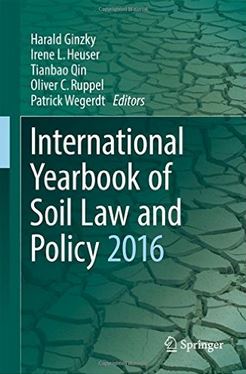This research report by Ecologic Institute identifies ways in which Germany can improve international soil governance in the short, medium and long term. It begins with an inventory of existing international instruments and institutions relevant to soil governance at the international level. It assesses the actual and potential steering effects of international treaties such as the Convention to Combat Desertification, the Convention on Biological Diversity, the Paris Agreement on Climate Change and the climate regime as well as regional agreements. It also analyses the activities of FAO, UNEP, IPBES and the activities of the IPCC.
The sustainable development goals and especially the "land degradation neutrality" target have established a global political reference point. But there are almost no binding obligations for all states specifically regarding soil. Current governance of soil at the international level is piecemeal and spread over parts of different mandates. There is significant overlap of mandates and activities of relevant institutions, each of which has limitations. While a certain degree of a rudimentary division of labour is emerging, there is scope and a need for improvement. The research report develops options for improving international soil governance with regard to overarching issues, new treaty or institutions, improving existing governance, means of implementation and enhancing co-ordination and coherence.



